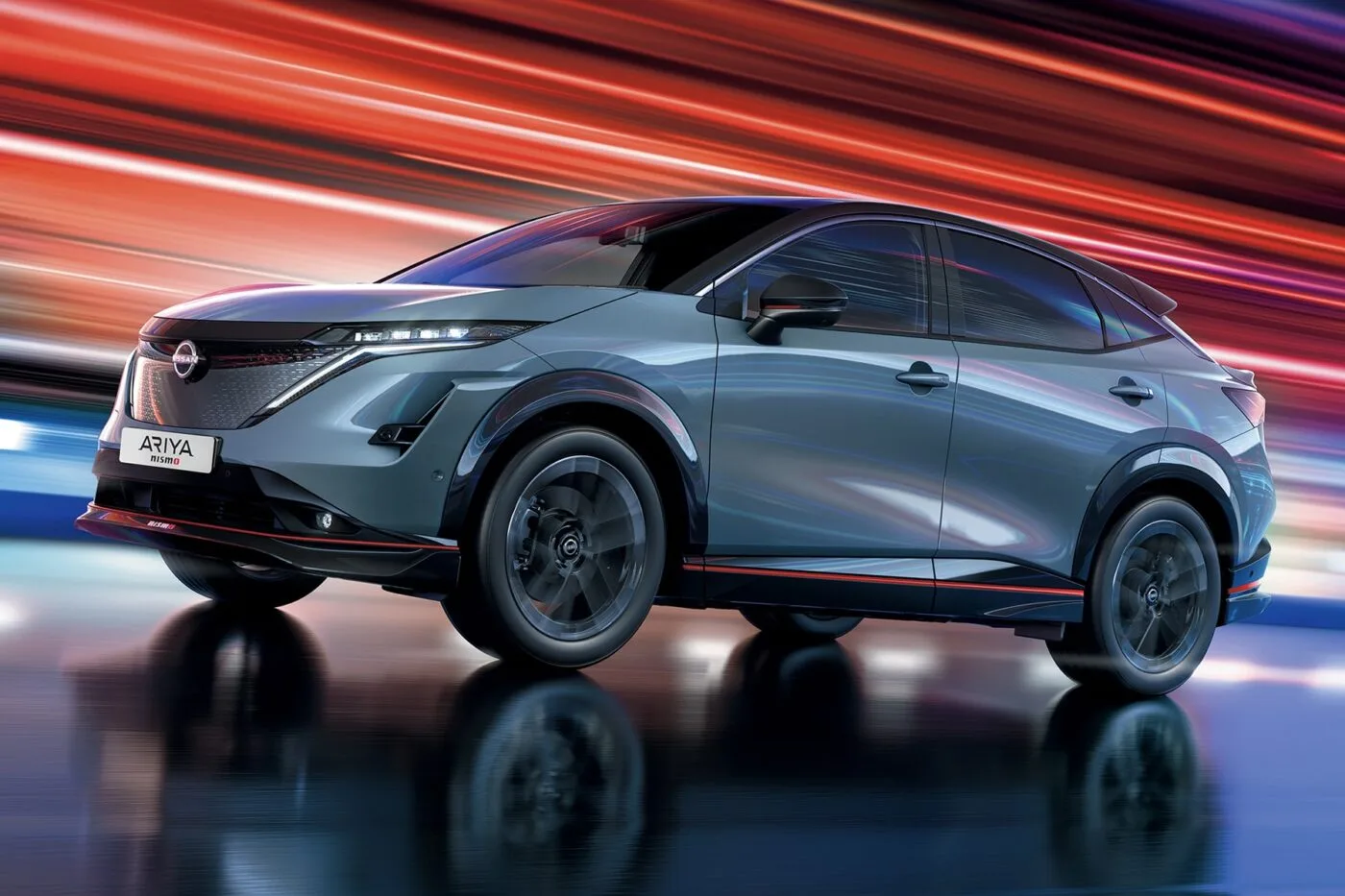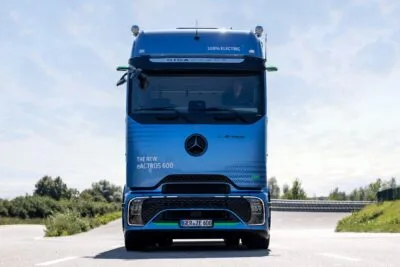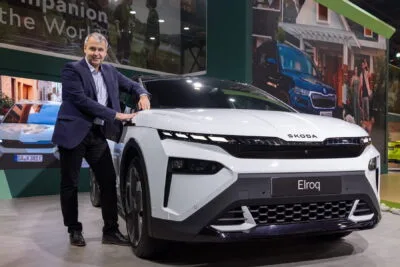Nissan to close factory in Wuhan
Nissan is currently building the battery-electric Ariya and the X-Trail combustion-powered SUV at the plant in Wuhan. However, the capacity utilisation at the plant is apparently extremely low: According to the Japanese newspaper Yomiuri, less than ten per cent of the annual capacity of 300,000 vehicles is currently being utilised, which is why the continued operation of the plant is not considered to be worthwhile.
Nissan is currently in a state of upheaval: Following the break-up of the Renault-Nissan alliance and the failed merger talks with Honda, the manufacturer is now reorganising itself. It was only on Thursday that the Group warned its shareholders of a record loss in the financial year ending in March: this is expected to amount to 700 to 750 billion yen, or around 4.3 to 4.6 billion euros.
The new Nissan CEO, Ivan Espinosa, who was appointed in March, now wants to get the company back on track and is putting everything to the test. The Chinese market is seen as an important growth area for the Group, and last week the Group announced an investment of ten billion yuan (1.2 billion euros) in China by the end of 2026 at the motor show in Shanghai, which is to be channelled primarily into new electric cars.
At the same time, however, Nissan’s plants in China are underutilised, which is why Nissan closed its plant in Changzhou last year. Following the planned closure of the plant in Wuhan, Nissan will now only have four production sites in China. In February of this year, Nissan had already announced its intention to reduce its production capacity in China from 1.5 million units to one million per year. However, the company had not yet named the locations affected.
China’s automotive market has changed significantly in recent years: Chinese manufacturers such as BYD, NIO and Geely are increasingly dominating the electric vehicle segment. Foreign brands, particularly Japanese manufacturers, are rapidly losing market share. Nissan’s sales in China fell by 12 per cent to around 700,000 units in 2024 – half as many as the company had achieved in 2018.





0 Comments